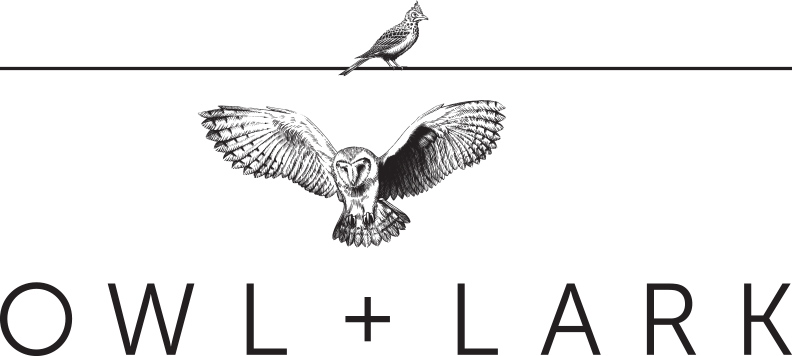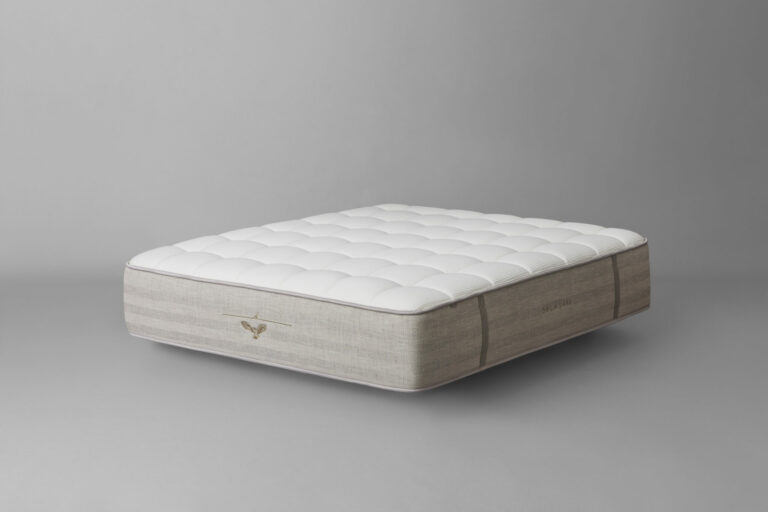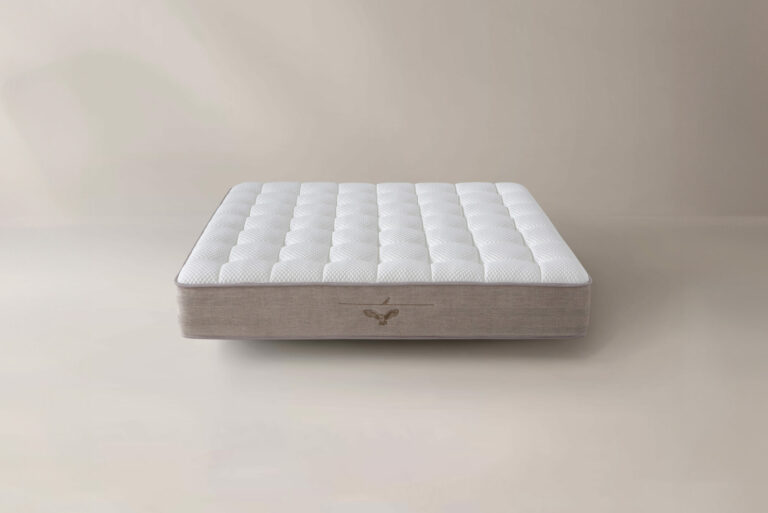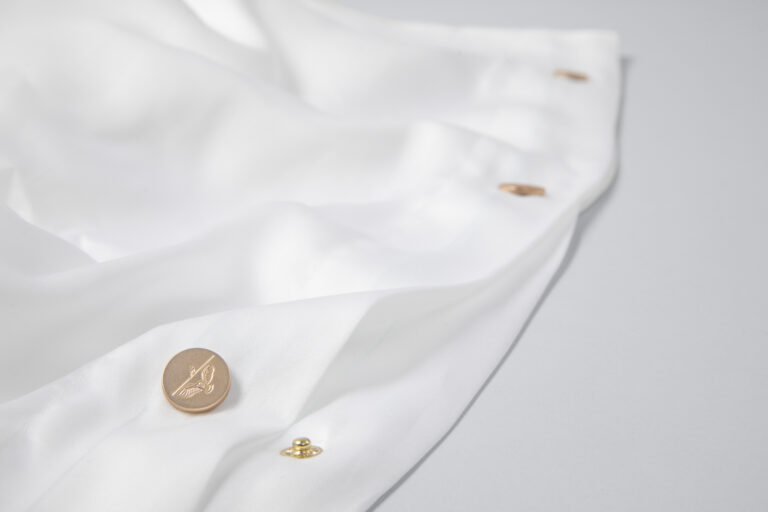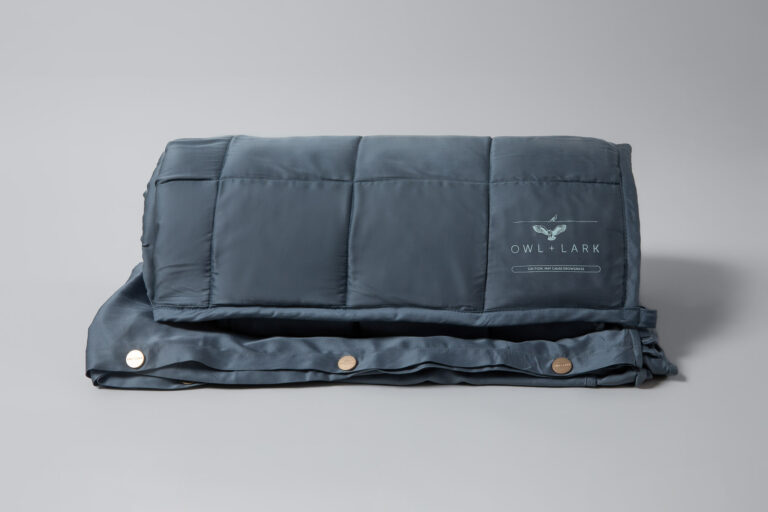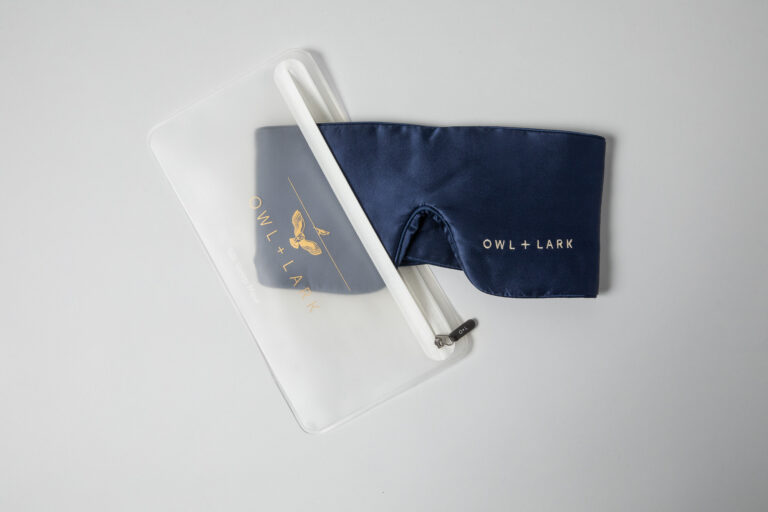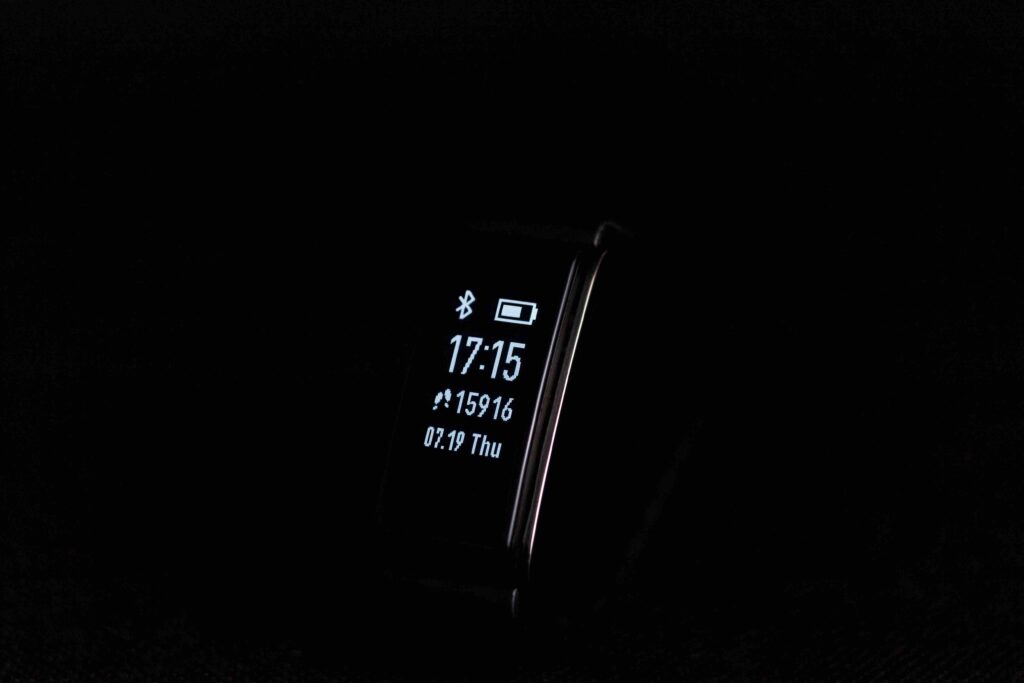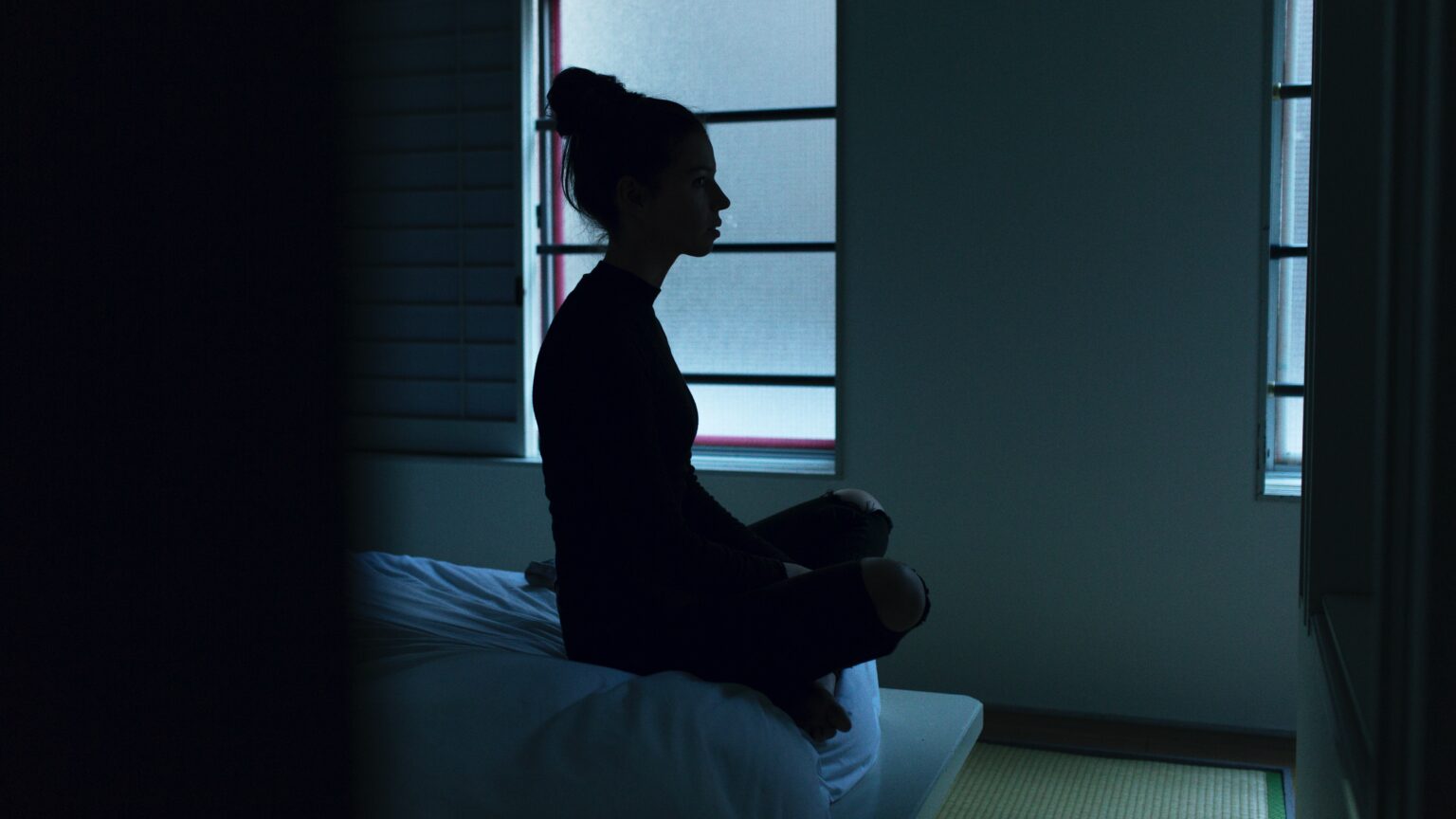Whatever your age or occupation, the right amount of good quality sleep brings both physical and mental health benefits. And it’s better for our health to get a solid 8 hours of sleep each night as opposed to 56 hours spread over the course of a week.
If your sleep pattern is feeling off-kilter — 5 hours here, 9 hours there — then a sleep cycle tracker could help you unlock healthy sleep habits and give you insight into your circadian rhythm.
How does a sleep cycle tracker/calculator work?
Sleep cycle calculators don’t just add up your sleeping hours, they track your sleep stages too. Most sleep cycle trackers are worn on the wrist, like a Fitbit or a smartwatch, but you can also get mains-powered sensors that lie under your mattress.
Each of these devices monitors your heart rate and movement over the course of a night, gathering data to evaluate:
- How long it takes you to drift off
- How long you spend in each sleep stage (in rapid eye movement, deep sleep, light sleep and waking)
- How often you wake up — and how long for.
Some devices can also pick up on light levels and temperature in your room. Some give you the option to add lifestyle data — like how much alcohol you’ve consumed throughout the day or whether you’re feeling particularly stressed.
How accurate is a sleep tracker?
Commercial sleep trackers don’t measure your sleep directly. They take secondary data like biometric and environmental information and combine this information through complex algorithms to determine what stage of sleep your brain is in. Much of this calculation actually happens in the cloud and is then sent back to your device..
Although these devices are quite accurate at detecting how well you might be sleeping from night to night, they aren’t generally accurate enough to diagnose sleep problems or to use in a medical setting.
For that, you’d need the gold standard of sleep cycle tracking which is where multiple electrodes are placed on your scalp and electrical readings of your brain waves are taken directly (multi-node polysomnography), but this takes specialist equipment and know-how and isn’t generally available outside a sleep lab. That said, commercial tracker technology and data processing is getting closer to approximating the gold standards.
Where sleep trackers excel is in providing consistent data that can help you to track trends over time. And in behavioural nudges: using cues from your sleep rhythms and phone usage to prompt you to wind down, avoid blue light, move, etc. These can be surprisingly powerful at helping ingrain healthy habits.
So here’s our pick of the best. We sifted the market, reviewing the specifications, reviews, and testing the devices ourselves to identify the ones that gave the best data and had the best form factor, usability and interface.
6 of the best sleep cycle calculators
This is a mains-powered REM sleep cycle calculator for under your mattress. It tracks sleep phases, heart rate, sleep duration and even (with the help of an in-mat microphone) how much you snore. Insights are then sent to an app on your smartphone. The beauty with this is that you don’t have to remember to turn it on, and you aren’t aware that it’s there. The downside is that it can’t capture naps.
The Fitbit Sense monitors your sleep patterns alongside a host of other metrics. This wearable device tracks all aspects of your sleep cycle. It also boasts an electrodermal activity (EDA) sensor, which measures your stress levels — really useful if you think stress might be interfering with your circadian wellness. Fitbit’s presentation of this data is intuitive and easy to read.
Other fitbit tracker devices have excellent sleep tracking capabilities.
This affordable sleep cycle tracker doesn’t have as many additional features as some other models on the market, but it’s up there with the best when it comes to sleep cycle insight. It measures cycles, disturbances and sleep efficiency. This is the simplest of the bunch, but not a bad pick.
At the pricier end of the scale, the Apple Watch Series 7 provides everything you could possibly want in a sleep tracking device. As well as offering insights, this sleep cycle calculator helps you to improve your sleep habits with the help of a nightly Wind Down function and guided mindfulness practice.
The only problem with the Apple Watch is that the battery life can’t capture a full 24 hour cycle, so many people struggle to get into a rhythm with charging it before sleep. The data is presented intuitively in Apple Health and represents an excellent solution for someone already using the Apple Watch to track workouts and daytime movement.
The Garmin watch (via its smartphone app) presents clear graphs and stats related to your sleep cycle. Its standout feature is the pulse ox sensor, which measures your blood oxygen levels during sleep.
The third generation of the Oura ring is one of the best researched and most convenient devices on the market. Due to its low profile it works out as an excellent alternative for those who don’t like to wear a watch to bed. It has no tangible feedback so it remains completely unobtrusive.
The battery lasts for several days, so it can be worn continuously, capturing naps and moments of rest.
For someone who already owns a smartwatch, Oura is our best pick for a sleep tracker. We find the data and recommendations in the app to be very high quality.
A word on how to use sleep trackers
Sleep cycle calculators don’t monitor sleep directly. Instead, this technology provides an approximate view of your sleep pattern based on the data available.
By collecting and presenting this information for you, a sleep cycle calculator helps you to recognise sleep patterns over time. It’s a bit like how even if a set of bathroom scales doesn’t measure your weight perfectly, it can help you identify trends from week to week.
Using a tracker, you can find out which factors help and hinder a good night’s sleep and discover ways to improve your circadian rhythm and sleep quality.
We (and many sleep experts) suggest taking a subjective view of your sleep as well. A tracker is no good if it says you’re sleeping well but you still feel unrefreshed and tired. This subjective view of the quality of your sleep is worth just as much as data from a sleep tracker.
Also, we recommend that you take care to note your psychological relationship with a sleep tracker. It can become addictive to track and measure your sleep and sleep is time that should be unstimulating and uninterrupted by devices. If you feel that a sleep tracker is developing into an unhealthy obsession (for example, forcing you to review your sleep as soon as you wake up), it may be time to take a break from constant tracking – the problem is a well recognised issue. It’s called ‘orthosomnia’, and is surprisingly common.
Our pick
If you want to take steps towards healthier circadian habits, it’s the Oura ring, the Apple Watch Series 7 (for apple users) or the Fitbit (for Android users) that we’d recommend.
